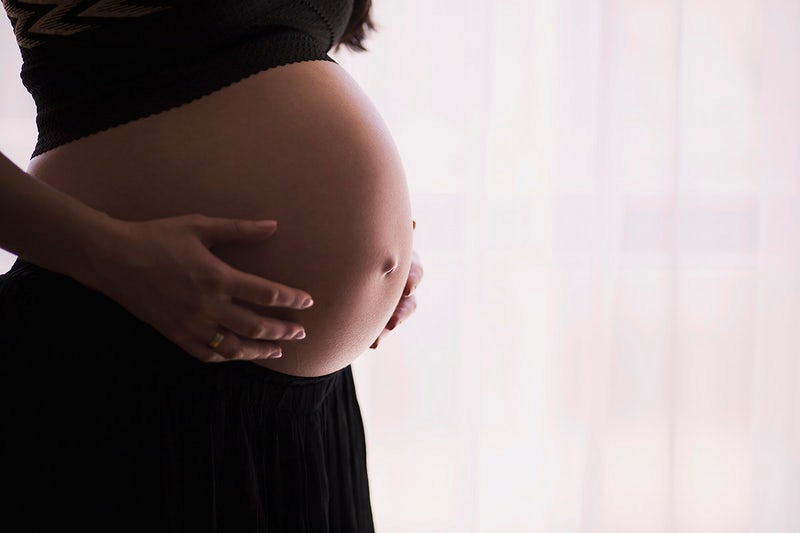
For years, the Nashville Strong Babies program served only seven zip codes. Indigo Harris lived in one of them when she was pregnant with her son back in 2020.
She’d heard of the Metro Public Health Department Initiative, but she was skeptical.
“I thought I was going there to get, like, Pampers and pamphlets,” she said.
But soon, she was paired with her coordinator who she affectionately calls Miss Donna. Harris got help with breastfeeding, learning about her baby’s health and planning doctor’s appointments.
“I don’t think I would have survived my first year if I did not have NSB,” she said. “I was extremely suicidal. I didn’t know what to do. And they were like, ‘You don’t have to go this alone.’”
Nashville Strong Babies is part of a federal maternal and infant health program, Healthy Start. Its goal is to improve maternal health outcomes before, during and after pregnancy and reduce infant mortality. It also focuses on addressing racial and ethnic disparities in health outcomes.
Tennesseans face some of the highest rates of maternal mortality in the country. That rate refers the number of people who die from childbirth-related causes within one year of delivery.
Mental health struggles contributed to nearly a third of the state’s pregnancy-related deaths in 2021, according to the Tennessee Department of Health.
Harris said the geographic eligibility requirement almost kept her out of the program.
“I remember I was moving from one zip code to another, and I barely made it,” she said. “So I’m really happy that they expanded. I just want people to feel how I feel.”
Nashville Strong Babies doesn’t have income cutoffs or other eligibility requirements, so it’s available to anyone in Davidson County who is pregnant or has a newborn.
Harris says maybe the most important service she received was help navigating the complex behavioral health care system.
“They came through with therapy referrals when I was so overwhelmed, stressed out,” Harris said. “Bear in mind — single mom, trapped in a house with her newborn. They found me drop-in day care just so I could have a break.”
Harris said the support helped her bond with her son, Cruz, who will turn 4 this November.
Metro started the program in 2019. Since then, it has served more than 1,300 families, the agency said in a press release this week. No mothers in the program have died, and the agency says there has been a 5% reduction in African American infant deaths in several neighborhoods in the service area.

